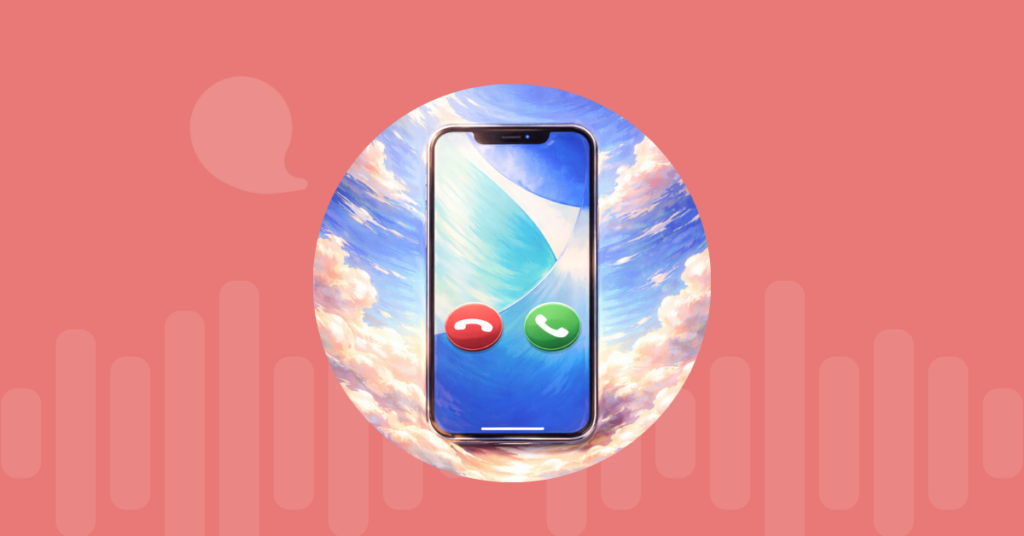
Table of contents
A rash of VoIP patent cases has once again made the headlines. Patent infringement suits are not uncommon and become the center of a media storm every so often. Patents are used in many industries – from automobile engineering to software programs. At first glance, the issue seems pretty straightforward. Patents help to protect and safeguard innovation, so that others can’t copy someone else’s work and benefit from it. But a deeper look illustrates several issues with the patent system we have currently.
How Do Patents Work?
Some people often get confused between patents and copyrights and think they are the same. While the basic concept is the same – to protect ideas and innovation – the implementation is different. Copyrights protect original works like paintings, novels, movies and other forms of art. Patents are given specifically to new and useful processes and machines or on improvements to existing systems.
Patents cover inventions (machines, processes, tools etc.) and governments regulate them so much more. The process of patenting an idea is quite complex, whereas copyrights are automatic (for the most part). In general, patents are only issued to novel and useful ideas. You can’t patent something that has already been on the market or published by someone else and neither can you patent something that doesn’t do anything useful.
The Pros and Cons of Software Patents
Proponents of the patent system – especially those pertaining to software – argue that the benefits are immense. It grants ownership of innovative ideas to the inventor or company that first came up with them. It allows them to block others from using their work and thus control how the invention can be used. Inventors can either manufacture and bring their invention to market themselves or license others to do so. They have legal recourse if they find someone else is profiting from their hard work.
But there are several cons to the patent system we have at present. While patents protect inventions in theory, we have seen companies abusing the system in reality. When an inventor or company registers a patent for something, they are under no obligation to actually produce the invention.
This has allowed companies to circumvent the system in a very clever way. Some companies buy patents and then do nothing with them. They wait until someone else brings a product to market and then file lawsuits for copyright infringement. Almost everyone agrees that this circumvents the patent system and is not a useful consequence. But generally speaking, we have no way of stopping these companies since everything they are doing is completely legal. Instead of promoting innovation, it actually hinders useful products from coming to market.
Another argument for software-based patents is that they provide an incentive for research. Industry experts opine that no one would invest in research and development if the outcome will not offer any financial benefit. The recent high-profile patent infringement lawsuits between Apple and Samsung, Microsoft and Android smartphone manufacturers would illustrate otherwise. These companies have invested millions of dollars and spent years in fighting these lawsuits. Few people would say that this has actually benefited innovation in any way.
VoIP Patents – Hindrance or Incentive?
Now we come to the subject of VoIP patents. We see a similar pattern playing out in the VoIP industry with several companies suing for infringement of VoIP patents. But the main issue with software patents like VoIP is that most innovations are built on devious technologies or are improvements on them. The patents on basic concepts like VoIP, MP3, email and messaging can prevent further innovation and development of the respective technologies.
Some patents are too broad and cover very basic concepts. These patents are practically unenforceable and appear ridiculous to most people. For instance, would you actually believe that the concept of the wheel has been issued a patent in Australia? You can find similar vague and unenforceable patents in the American system and other countries as well.
So what happens if one company holds the patent for sending voice calls over the Internet? Not only would this prevent other companies from building anything using VoIP technology but there is nothing forcing them to actually bring any product or service to the market. In theory, they could (and some companies have done this) charge exorbitant licensing fees that hinder anyone from building a successful business model around VoIP. We would certainly not have the level of competition and different service providers we see in the market today.
Maybe it is time for a more in-depth and serious look at the patent system we have today. Even if the idea is sound in theory, we can see that the reality is very different. After seeing the benefits of VoIP and the pace of innovation within the industry, it is a frustrating to think that a few patent lawsuits can bring all of it to a halt.
More from the blog
Want to improve your business communication?
Unlock enterprise-class call center power at affordable prices – no hardware, no delays, no surprises!






